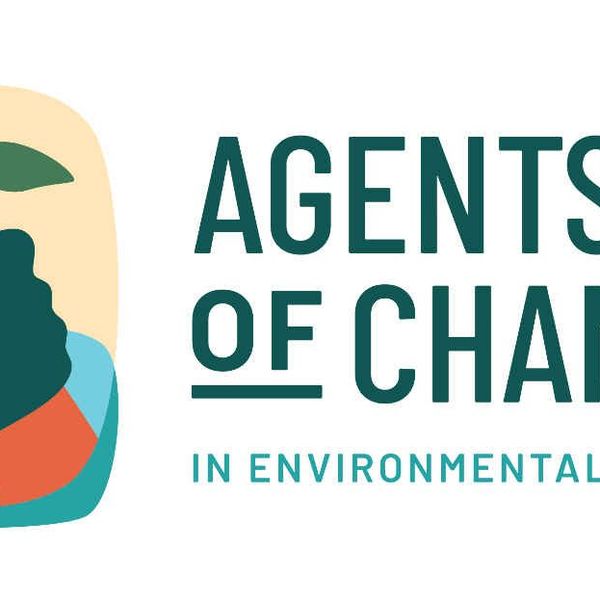The Menominee Indian Tribe of Wisconsin gave the feds notice of intent to sue over the alleged failure to protect the water quality of the tribe's namesake river.
The 60-day notice, sent to the Environmental Protection Agency and the Army Corps of Engineers yesterday, is in response to a proposed open pit mine on the banks of the Menominee River. The mine, dubbed the Back Forty, is a proposed 83-acre open pit gold, zinc and copper mine in the southwestern corner of Michigan's Upper Peninsula.
The Army Corps of Engineers and the EPA "are in violation of their mandatory duties under the Clean Water Act … due to their failure to exercise jurisdiction and regulatory authority over navigable waters of the United States—the Menominee River and adjacent wetlands—that are not delegable to the State of Michigan," according to the letter from the tribe. Nonprofit environmental legal organization Earthjustice is representing the Menominee.
Related: Mining leaves a Wisconsin tribe's hallowed sites at risk
The mine would sit within 150 feet of the Menominee River, which forms the Michigan-Wisconsin border—and is namesake for the Menominee Tribe across the border in Wisconsin. Extracting metals from sulfide ores can produce toxic sulfuric acid, which can release harmful metals and potentially drain into nearby rivers, lakes and groundwater sources—called acid mine drainage.
In addition to the pollution concerns, the Menominee tribe says the mine would sit on sacred ground, and near tribal burial sites and centuries-old raised garden beds along the Menominee River, the center of the tribe's creation story.
More than 100 tributaries drain into the Menominee River and the watershed covers about 4,000 square miles. It supports large populations of bass, pike, walleye and spawning grounds for sturgeon.
The tribe expects "meaningful consultation and federal regulatory agency action on this important issue," said Menominee tribal chairman Gary Besaw in a statement.
However, "if we continue to be ignored and the agencies fail in their duties, we are prepared to pursue federal litigation," he added.
The notice comes just three months after the tribe asked the U.S. Environmental Protection Agency and the U.S Army Corps of Engineers to exercise Clean Water Act authority over the final permit needed for the mine's full approval— a wetlands permit. Mine development company Aquila Resources submitted a wetland permit in 2016 that was withdrawn. It submitted another in January, which was sent back to the company with correction requests from the Michigan Department of Environmental Quality.
The Corps and EPA have "stepped back" and allowed the state of Michigan to control the wetlands permit, which is a violation of the Clean Water Act, said Earthjustice attorney Janette Brimmer.
"The Clean Water Act makes it very clear that the authority to dig up and potentially pollute the Menominee River and its wetlands cannot be delegated down to a single state," Brimmer said in a statement.
"The Menominee River is a commercially-navigable interstate waterway and a significant tributary to our nation's Great Lakes. That makes the Clean Water Act permitting process at issue here a federal responsibility," she said.
An EPA spokesperson said the agency will review the letter and respond appropriately.
An Army Corps spokesperson said the agency doesn't comment on pending litigation, but added that, in Michigan, the wetland permitting in question is handled by the Michigan Department of Environmental Quality with EPA oversight, so the Corps would have minimal involvement in the matter.
The agencies have 60 days to respond, according to the notice of intent letter.
See the full letter here
























